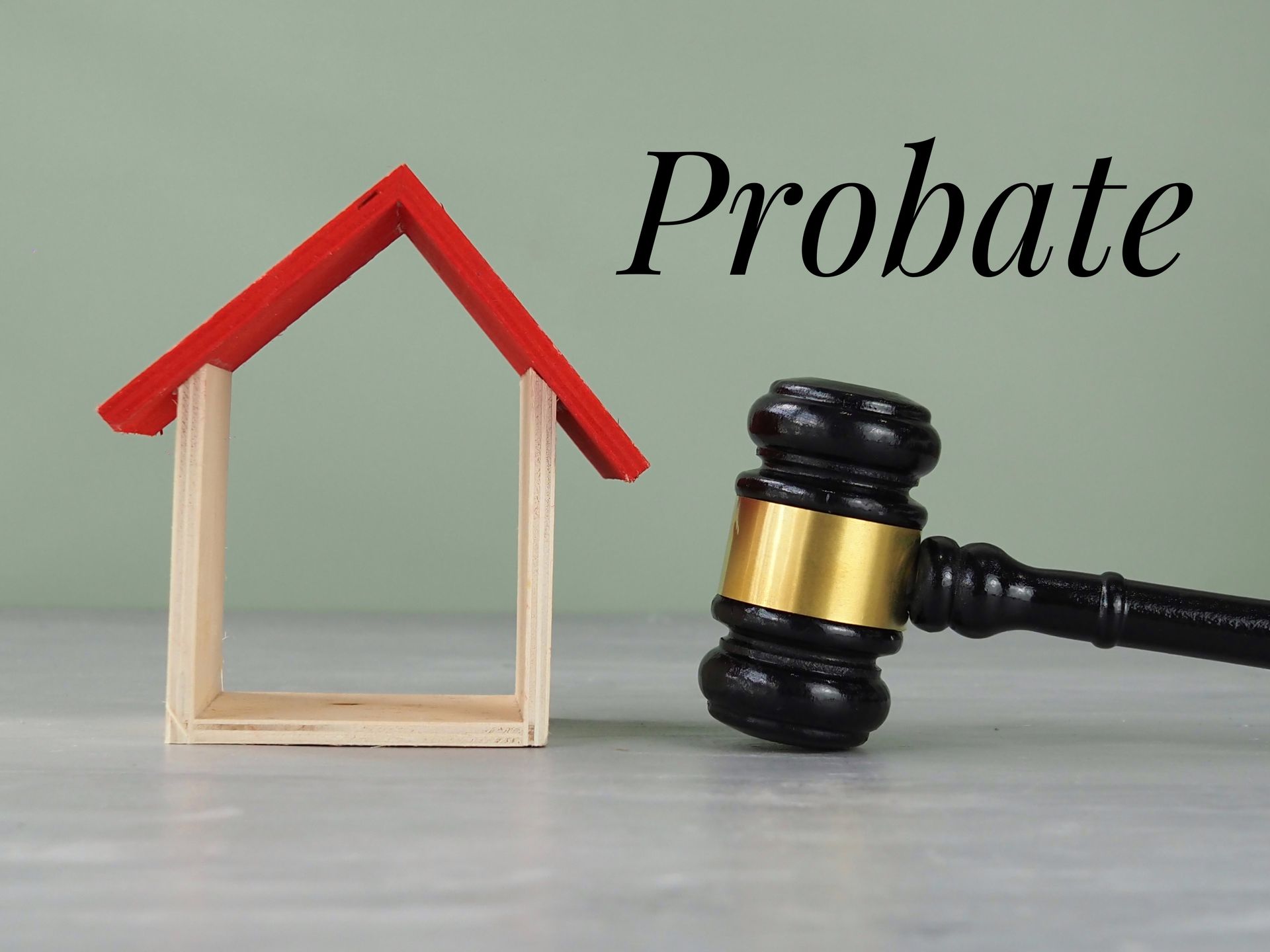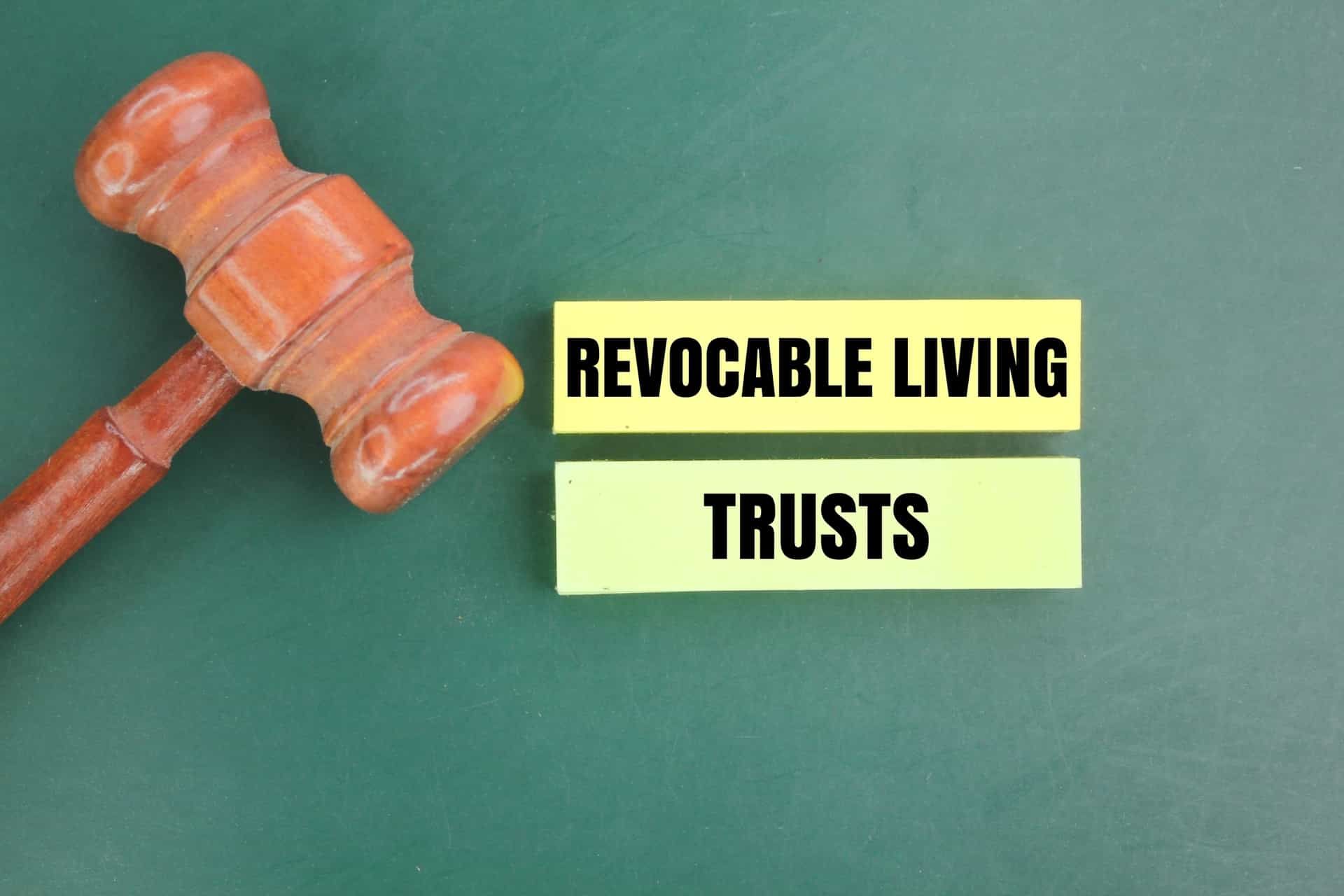Estate Planning Guide Checklist
Estate planning is about ensuring your assets are handled according to your wishes and that your loved ones are cared for after you’re gone. While it may feel overwhelming, having a clear checklist can simplify the process. Let’s dive into the essential estate planning steps so you can secure your future today.
1. Create a Will
A will is the cornerstone of any estate plan. It outlines how you want your assets distributed and who will care for any minor children. Without a will, the state decides who inherits your property, which may not align with your wishes.
Essential Tip
Update your will regularly, especially after significant life events like marriage, divorce, or the birth of a child.
2. Establish a Living Trust
A
living trust allows you to transfer your assets to a trust while you’re alive, with instructions on how they should be managed after your death. Unlike a will, a trust can help your heirs avoid probate, which can be lengthy and costly.
Key Benefit
It provides more privacy than a will since trusts are not part of the public record.
3. Name Beneficiaries
Ensure you have designated beneficiaries for critical accounts like life insurance policies, retirement plans, and investment accounts. Naming beneficiaries helps streamline the transfer of assets and can often bypass probate.
Essential Tip
Review your beneficiary designations periodically to ensure they reflect your current wishes.
4. Set Up a Durable Power of Attorney
A
durable power of attorney (POA) gives someone the authority to make financial decisions if incapacitated. This person can manage your bank accounts, pay bills, and handle other financial matters.
Key Benefit
It ensures your finances are in trusted hands if you’re unable to manage them.
5. Create an Advance Healthcare Directive
An advance healthcare directive outlines your medical care preferences if you cannot communicate your wishes. It can include a living will and the designation of a healthcare proxy to make decisions on your behalf.
Essential Tip
Discuss your wishes with your chosen healthcare proxy to ensure they understand your preferences.
6. Plan for Digital Assets
In today’s digital age, it is essential to include your online accounts, passwords, and digital assets in your estate plan. These could include social media accounts, cryptocurrency, or online banking.
Essential Tip
Use a secure password manager to organize and share access with a trusted person.
7. Organize Important Documents
Keep all your essential documents in one place, such as wills, trusts, insurance policies, property deeds, and financial account information. Make sure your executor and critical family members know where to find them.
Essential Tip
Store these documents in a fireproof safe or with an attorney.
8. Consider Estate Taxes
Depending on your state and the size of your estate, taxes can impact how much your heirs receive. Work with an
estate planning attorney to minimize tax burdens and ensure compliance with current laws.
Essential Tip
Gifting assets during your lifetime can help reduce the size of your taxable estate.
9. Choose an Executor
An executor is responsible for managing your estate after your death. They will ensure your wishes are carried out, debts are paid, and assets are distributed according to your will.
Key Consideration
Choose someone you trust who is organized and willing to take on the responsibility of managing your wills and trusts, and other important estate planning tasks.
10. Regularly Review and Update Your Plan
Life changes, and so should your estate plan. Regularly review and update your documents to ensure they align with your current situation and wishes.
Essential Tip
Schedule an annual check-up with your estate planning attorney to keep up with any necessary changes.
Why Estate Planning Matters?
Estate planning is not just for the wealthy—anyone who wants to protect their loved ones and ensure their wishes are honored. A well-crafted estate plan provides peace of mind and helps your family avoid unnecessary stress during difficult times.
Consult with
Doane & Doane expert estate planning attorneys to secure your future today.
Disclaimer: The information on this website and blog is for general informational purposes only and is not professional advice. We make no guarantees of accuracy or completeness. We disclaim all liability for errors, omissions, or reliance on this content. Always consult a qualified professional for specific guidance.
RECENT POSTS






